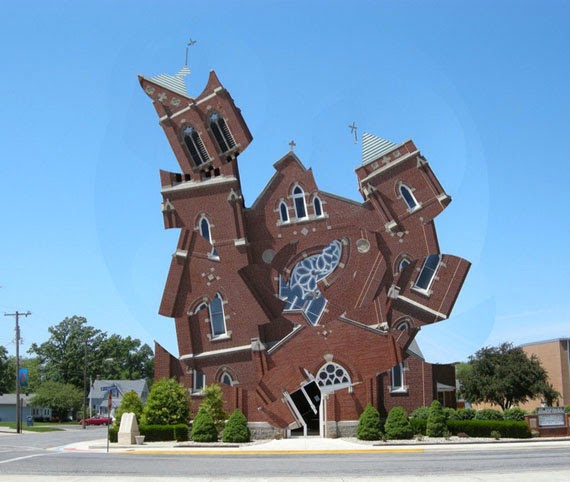Busy. Just typing the word conjures up many feelings and images. There are many kinds of busy for a pastor and not all of them are productive. There’s the kind of busy that is part of the every day grind at work. I have experienced that kind of busy too often. I had sermons to write, Bible studies to prepare, Sunday adult classes that had to be taught every week and the regular rhythm of staff and vestry meetings, administrative demands and so on. Sundays always seemed to roll around with alarming regularity because of the way each week was filled with detail after detail that demanded attention. Someone onced coined this kind of busy-ness “the tyranny of the urgent.”
I constantly sought ways out of such demands but rarely found success. As a pastor, it’s clear to most that widgets are not being made. Yet the pressure to be in the office, at one’s desk was felt by the expectations of others. I often felt that if I were not physically present at the office, then someone would criticize the way I was spending my time. In fact I was criticized if I wasn’t immediately available at the church. Was I loafing? Taking time off? I have a pastor friend who named his boat “Visitation.” When he needed time away from the “tyranny of the urgent” he would tell his staff he was going on “Visitation.” That’s both amusing and sad at the same time. Being a pastor demands spending time differently than most. Let me explain.
A seldom used phrase describes the vocation of ordained ministry is that one has “a cure of souls.” This meant that beyond sermon preparation and other weekly demands, time is needed to care for the spiritual lives of those with whom the priest is entrusted. Beyond visiting hospitals and nursing homes, there needs to be time away from phones, emails and coffee conversations in the office. Caring for others means prayer, seeking a balance in one’s own life and solitude. Let the pastor who lives into such a spiritually healthy life be forewarned. If that kind of balance is achieved, criticism will be sure to follow. Even so there is no other way to care for people at the level that most pastors desire.
As I look back on serving a church, criticism caused me to change the way I spent my week too many times. A lack of criticism just seemed to make life easier. It is not possible to effectively care for a “cure of souls” without caring for one’s own soul. If a priest is to be a sacramental presence in the lives of those who are overwhelmed with the minutiae of their own lives, then the priest cannot live like everyone else. There will always be those who criticize. A priest/pastor must be willing to accept that. Ironically it is easier when one finds a spiritual balance, week after week, even in the midst of the “tyranny of the urgent.”
I have a clearer vision on serving a church now as my sabbatical draws to a close. There is not a thing I can do about the past but I do desire to help others, both those who serve in a church and those who are served by it. What are your expectations of the way a pastor spends his/her time? If your pastor is not in the office, what do you think he/she is doing? Is solitude a worthwhile way to spend time?
There is another way to be more effective. Get a boat and name her “Solitude.” Or a camper.
